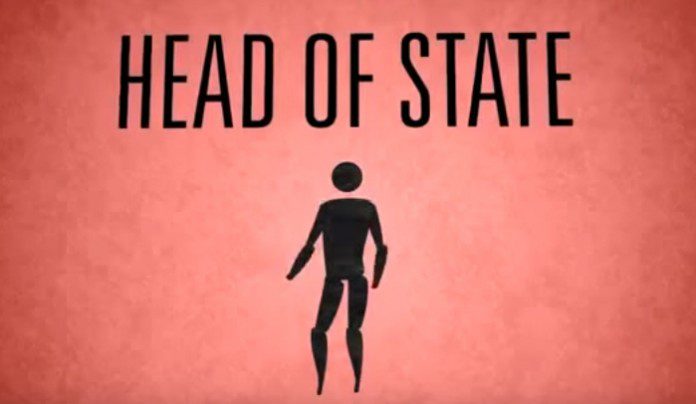Unlike an absolute monarchy where the monarch holds absolute power, a constitutional monarchy is a form of government where the monarch shares power. To be exact, their powers are restricted by a constitution. A most apt description of someone ruling under a constitutional monarchy is given by political scientist Venon Bogdanor: “a sovereign who reigns but does not rule.” A constitutional monarchy, just like other forms of government, has its own set of pros and cons. Let’s take a look:
List of Pros of a Constitutional Monarchy
1. It creates continuity.
Being a monarch is a lifetime position – they are born into that role. Some find this an advantage because there are no limited terms. Presidents and other members of public office hold their positions for a certain amount of time but the monarch will reign until they pass or abdicate. With a permanent presence on the throne, a country can build stable connections with other governments. This is unlike other kinds of governments where relationships between countries will differ depending on the view of their head of state.
2. It allows culture, history and tradition to be preserved.
While a political symbol, a constitutional monarch’s role isn’t just limited to that. They also serve as a reminder of the culture, history and tradition of their nation.
3. It creates a balance of power.
A monarch may be a non-political head of state but that doesn’t mean they shouldn’t be asked what to do. Walter Bagehot, a British political theorist, wrote about the three main political rights of a constitutional monarch which they could freely exercise: the right to be consulted, the right to be advised and the right to warn. Yes, a monarch may be limited in power but they also hold critical powers like dissolving parliament, for example.
List of Cons of a Constitutional Monarchy
1. Monarchs are born into their roles.
There are some monarchies where a ruler gets elected but in a constitutional monarchy like the UK’s, monarchs are born into their role. They are groomed for birth to be the ruling sovereign of a nation. They get to their position by rule of succession. This makes it rather unfair as a younger sibling might be a better ruler but the rules of succession make the older one destined for the throne.
2. Achieving progress might be difficult.
A government that puts too much weight into traditions and customs is one that will find change difficult. Whether it be an internal change or any other, a government must make decisions with deference to the monarchy. When this happens, improvements to the system could make progress seem slow.
3. It is expensive.
There are those under a constitutional monarchy who believe that the monarchy is not essential. After all, they have limited powers. But not only is a monarch deemed by critics as unnecessary, they are also very expensive. The monarch does not pay for the upkeep of their home – the people do that. A lot of people find that unnecessary spending as monarchs can’t benefit their countries because of their limited ruling power.
Crystal Lombardo is a contributing editor for Vision Launch. Crystal is a seasoned writer and researcher with over 10 years of experience. She has been an editor of three popular blogs that each have had over 500,000 monthly readers.


















